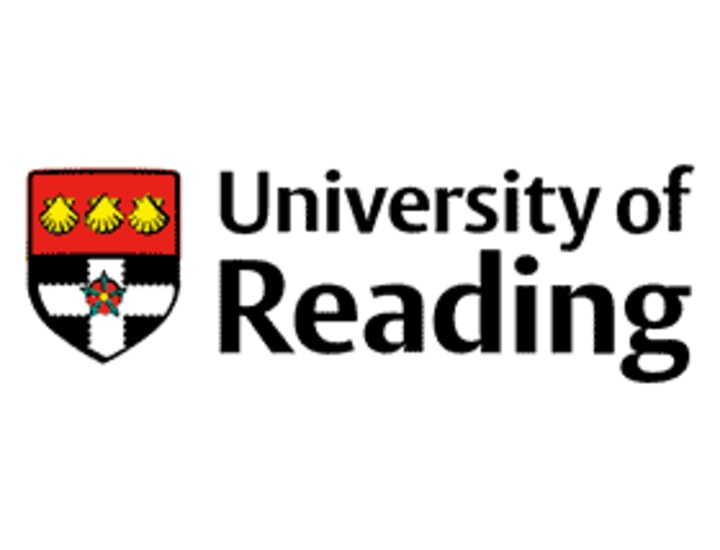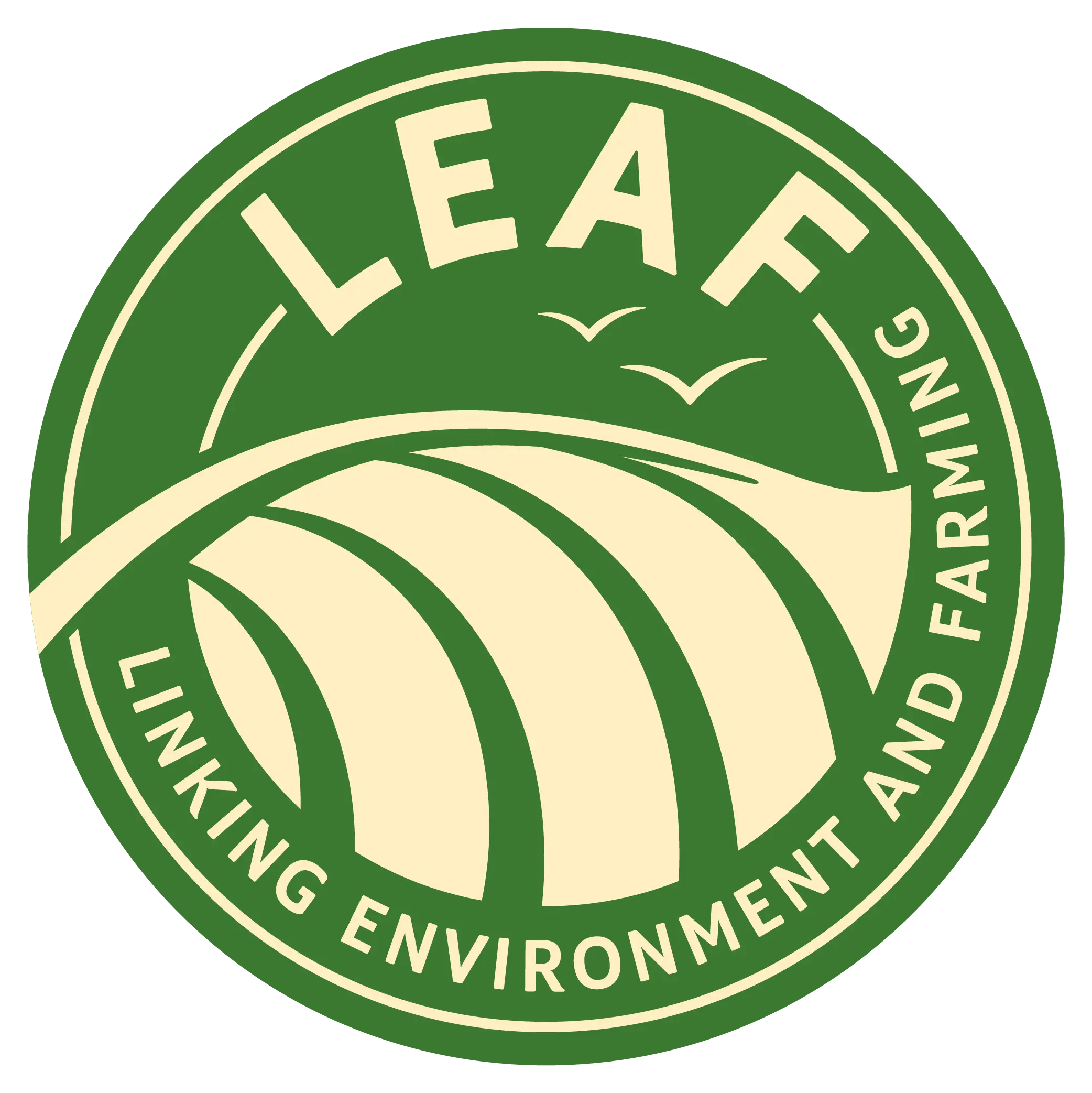- About Integrated Farm Management
- Our LEAF Network of Demonstration Farms & Innovation Centres
- Resources
- LEAF Sustainable Farming Review
- LEAF Endorsed Advisors & Consultants
- Our Projects & Partnerships
- Nature Based Solutions to Climate Change
- Beacons of Excellence
- Resilient & Ready
- Accelerating & Demonstrating the Journey to Net-Zero
Centre for Dairy Research
The University of Reading has considerable land–based resources in the Reading area, with 800 hectares of mixed farming lands and woodlands spread throughout the surrounding areas at Arborfield, Shinfield and Sonning. In addition to the School's substantial teaching and research resources in crops at Sonning and animals at Arborfield, their farms represent a significant commercial farming operation.

Primary Contact: Zoe Barker (Lecturer in Animal Science and CEDAR Knowledge Exchange Co-Ordinator)
[email protected] | 0118 378 4549
CEDAR encompasses aa multi-species animal research facility located at the University of Reading’s 500 ha Hall Farm, home to a commercial dairy currently milking 535 Holstein dairy cows annually. The cows are predominantly housed inside on sand beds, with grazing provided between April and November. The farm has a 50 pt rotary milking parlour and recently expanded dry cow housing and silage and slurry storage facilities. Growing feed requires 50% of the site with the remaining land a mixture of arable, flood prone permanent pasture alongside the river Lodden, woodland and scrub and 22 hectares of natural wildflower flood-plain meadows that are open to the public. In addition to a major focus on dairy, the research activities span beef, sheep, poultry, pigs and llamas. Milk and Angus cross beef calves are sold through Sainsburys.
The University’s 180 hectare Sonning farm is home to the Crop Research Unit and farm land along the river Thames. The farm rears replacement heifers and beef cattle, and incorporates combinable crops, maize production, grazing leys and further woodland and scrub.
Remit:
CEDAR’s primary purpose is to undertake internationally renowned research in dairy and animal science to improve the sustainability of livestock production.
Activities:
CEDAR has extensive research capabilities including computerised feeding stations where up to 200 cows can be individually fed different diets and a metabolism unit enabling detailed studies of digestion, energy metabolism and methane emission.
CEDAR have regularly hosts visitors including farmer groups, research workshops, students, and other stakeholders, including international visitors. The staff at CEDAR also act as advisors for Innovative Farmers projects and have many current projects that involve knowledge exchange and workshops for farmers. CEDAR have hosted OFS at their Sonning Farm.
The University works with various other institutions for project work including long-standing collaborations with IBERs (University of Aberystwyth), Rothamsted North Wyke, and SRUC, as well as collaborations with the Universities of Essex and Cardiff for a projects on the interactions between building microclimates, heat stress and animal behaviour modelling.
Research interests:
Two primary areas of focus are the sustainability of livestock production systems and the health effects of animal-derived foods. This includes the environmental impacts of milk and meat production, sustainable forages for livestock systems, dairy cow digestion and nutrition, milk composition and human health.
Examples of recent and current projects:
- Dairy cow heat stress within building microclimates is a 3 year project funded by BBSRC. We are monitoring how dairy buildings perform under different weather conditions and how this interacts with the behaviour of individual cows within these buildings with the aim of finding sustainable building designs for the future.
- DiverseForages project funded by BBSRC SARIC: using legumes and herbs (herbal leys) to reduce reliance on N fertilizer and increase soil health and biodiversity. A collaboration with Duchy College and Rothamsted North Wyke. For more on the project see our website: https://research.reading.ac.uk/ifnh/cases/diverse-forage-mixtures-for-sustainable-livestock-systems/ or visit the project youtube channel https://www.youtube.com/channel/UCZMVbd8-wuUg4HJdQx2IPaQ
- Nutritional strategies to reduce methane emissions from ruminants, including EU and industry funded research on methane suppressing feed supplements.
- Improving the efficiency of N utilization in dairy production systems through feeding lower protein diets and using legumes for forage production.
- SMART Cow EU infrastructure project (now a European Research Group) brought together a network of research facilities to support the European cattle sector to meet the challenges of sustainable production. https://smartcow.eu/
- Calf management - antibiotic resistance, cognitive function and behaviour, reducing lameness.
Vaccine development (in collaboration with Biological Sciences and the Pirbright Institute) to meet challenges posed by current endemic diseases along with future exotic diseases.
